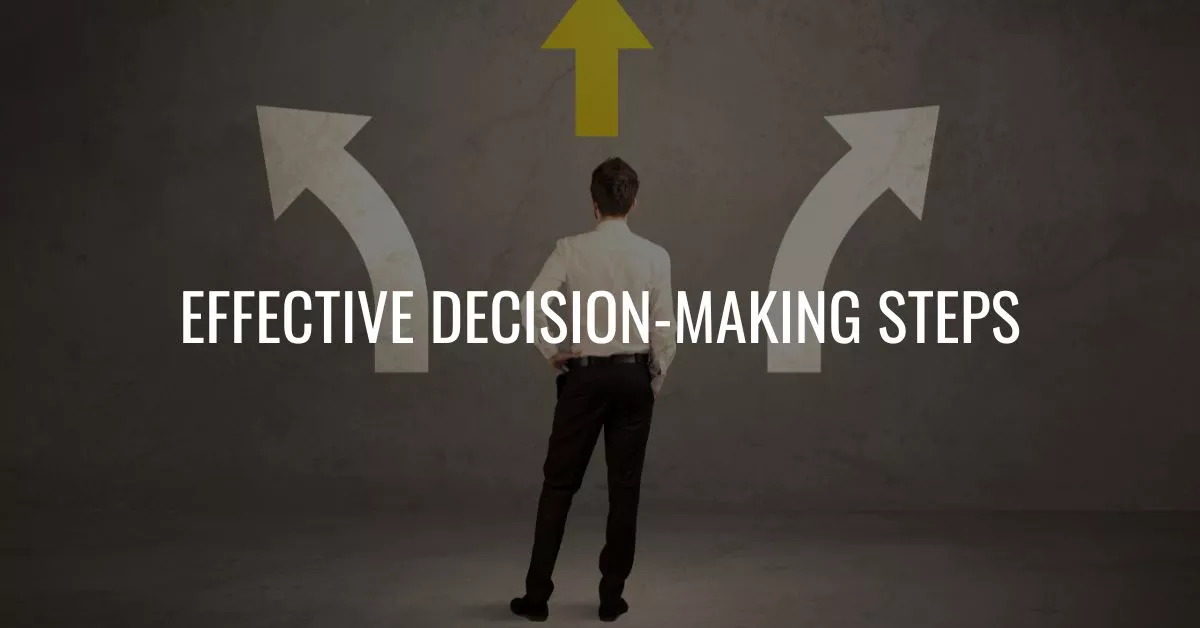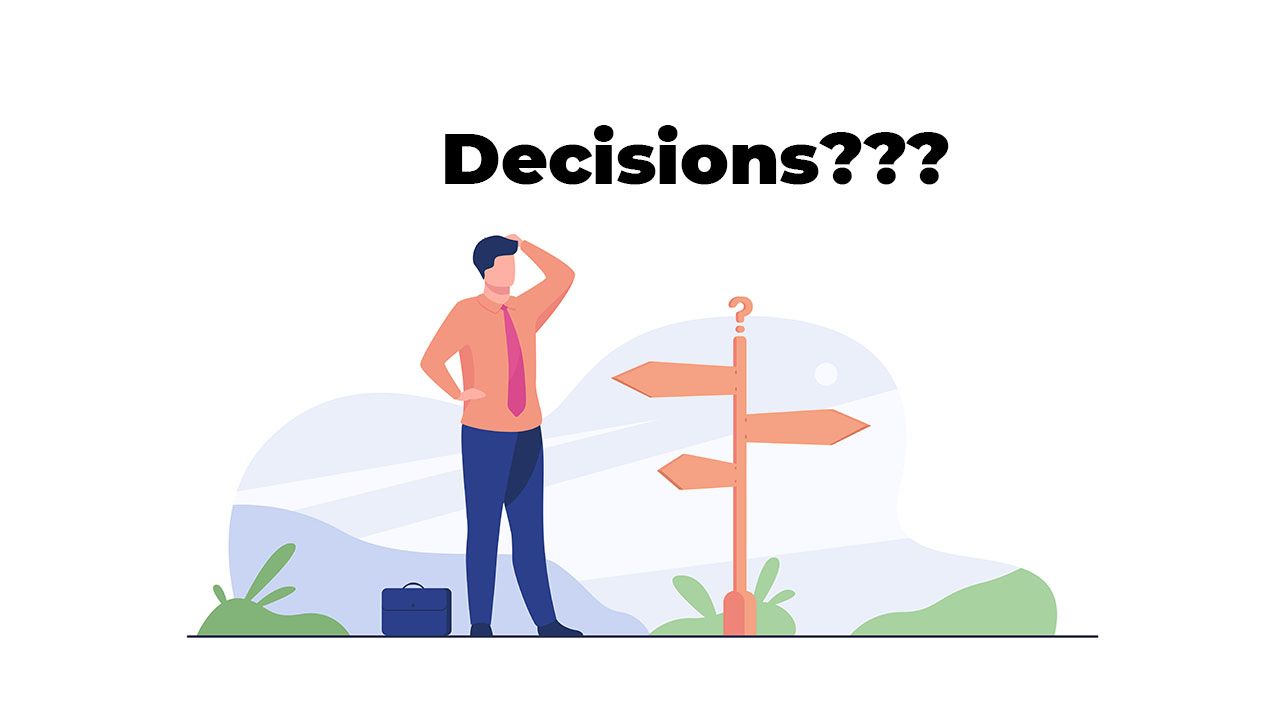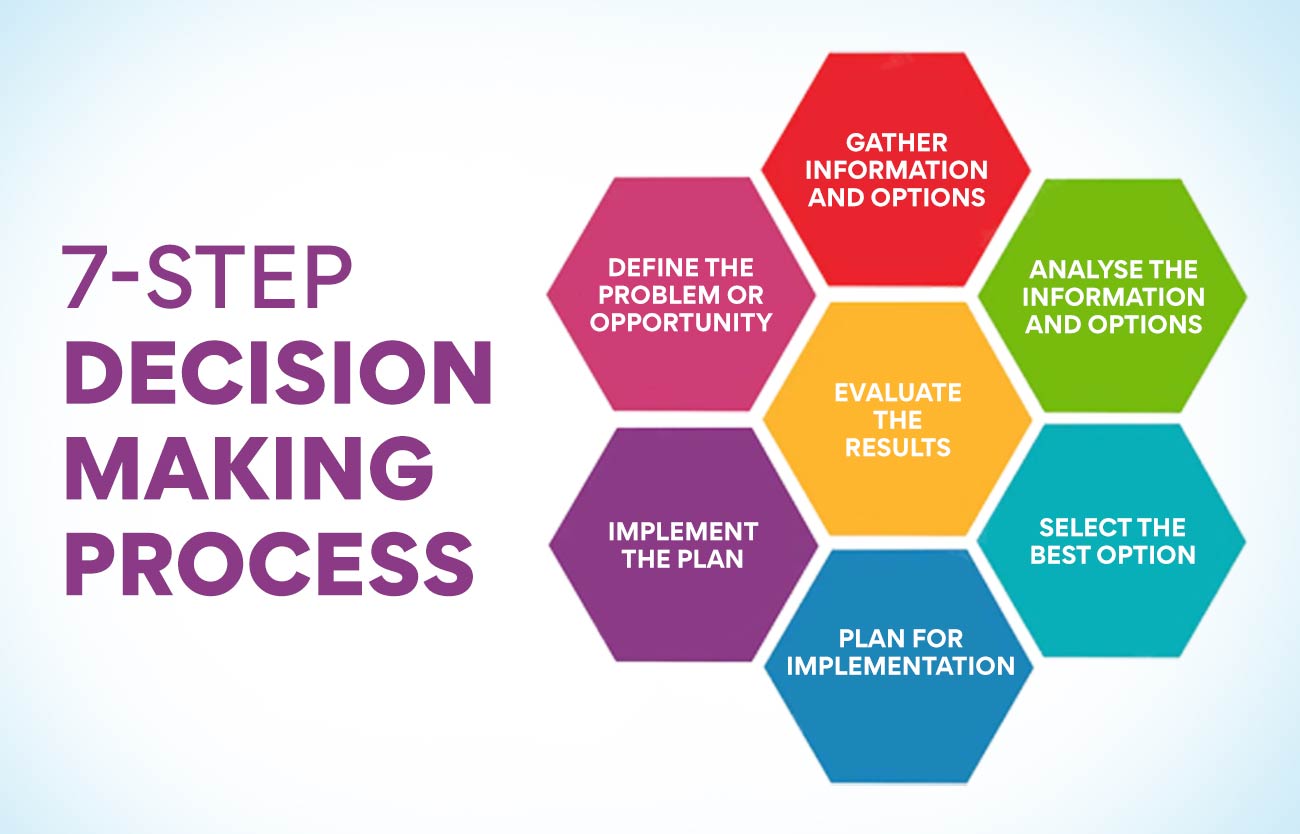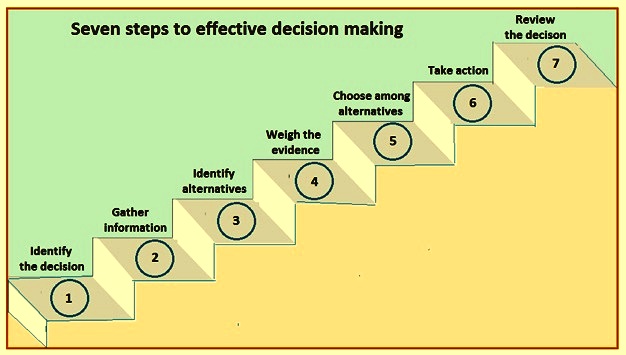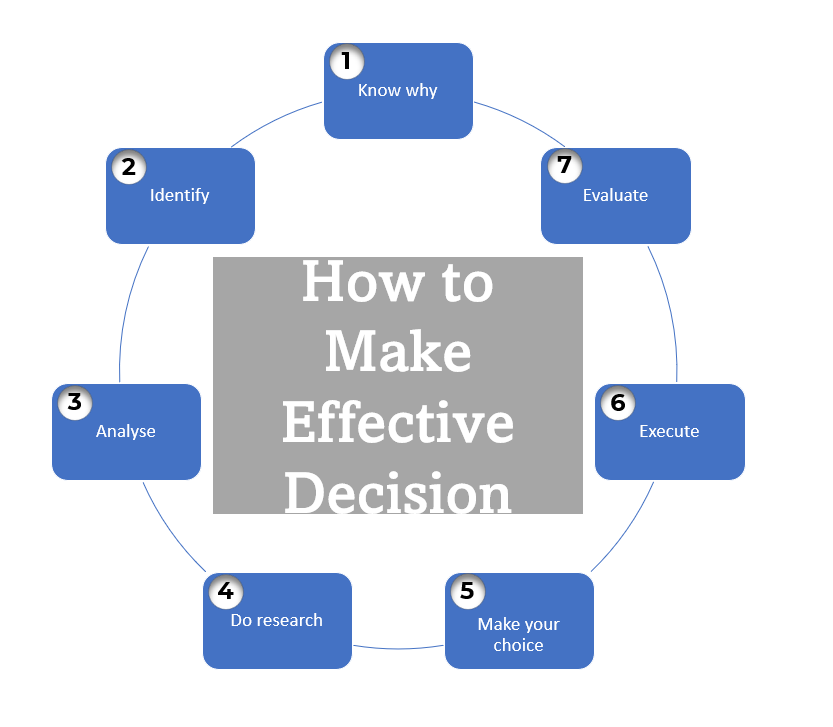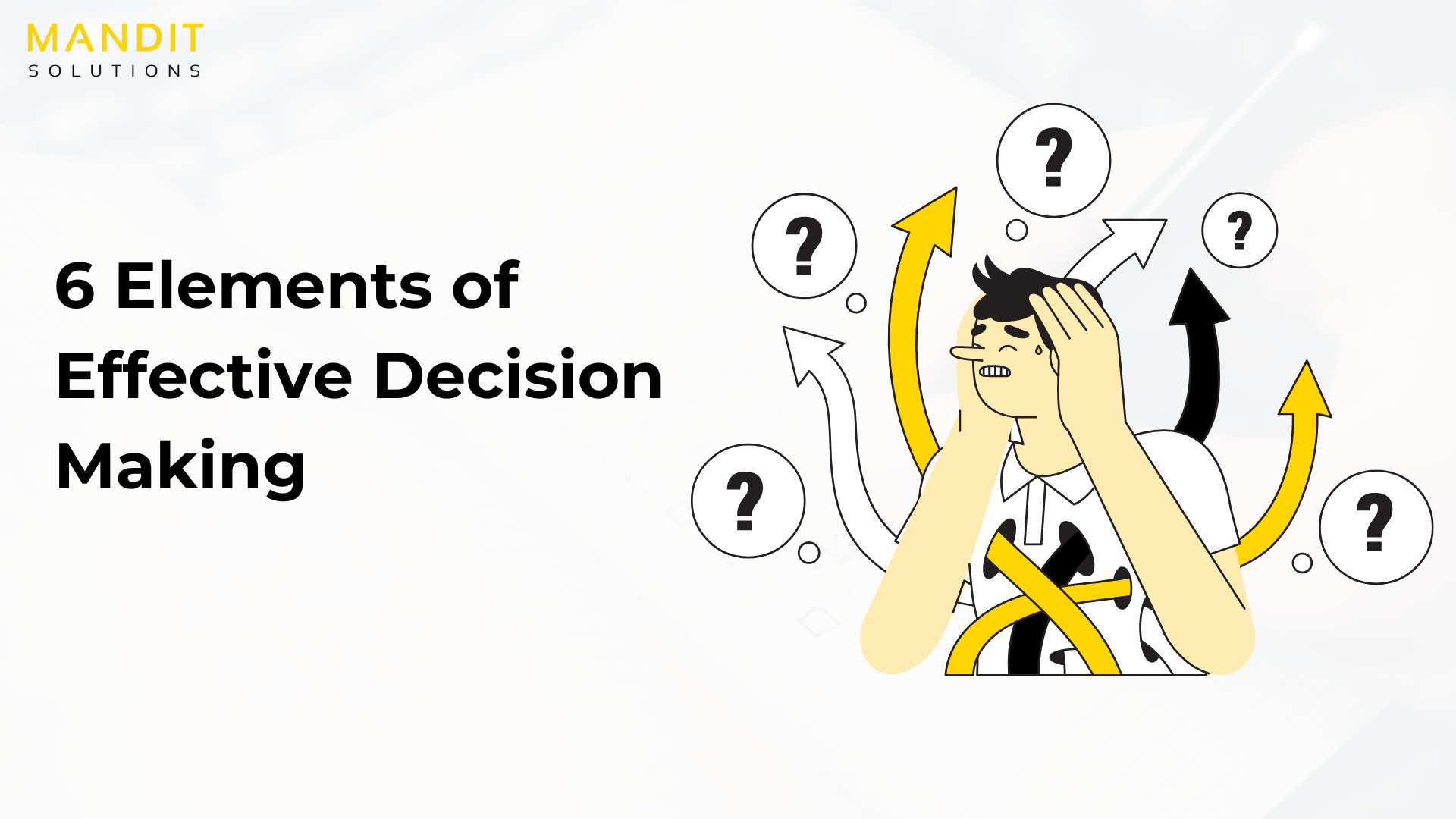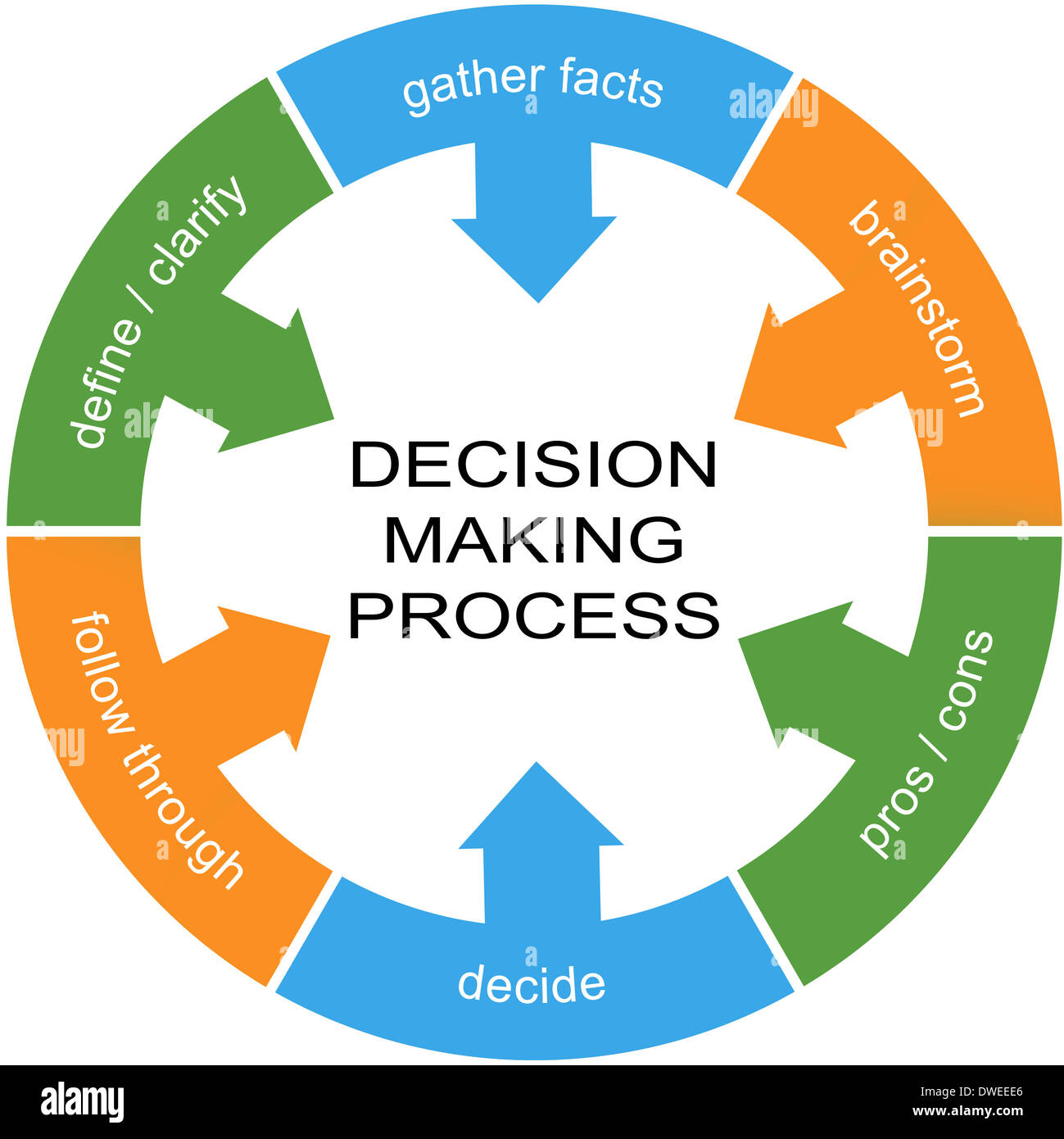How To Be An Effective Decision Maker

In an era defined by rapid change and unprecedented complexity, the ability to make sound decisions is no longer a desirable trait; it's a crucial survival skill. From navigating personal dilemmas to leading global organizations, the consequences of our choices reverberate widely, shaping our futures in profound ways.
But what truly separates effective decision-makers from those who falter under pressure? This article delves into the core principles and actionable strategies that underpin successful decision-making, providing a roadmap for individuals and organizations seeking to enhance their judgment and achieve better outcomes.
The Anatomy of a Good Decision
At its heart, effective decision-making is a structured process, not a matter of chance. It begins with a clear understanding of the problem at hand.
According to research from the Harvard Business Review, a significant percentage of business failures can be attributed to poorly defined problems. A well-defined problem is specific, measurable, achievable, relevant, and time-bound (SMART).
For example, instead of saying "employee morale is low," a better definition would be "employee satisfaction, as measured by our annual survey, has decreased by 15% in the last quarter, leading to a 10% increase in absenteeism." This clarity sets the stage for targeted solutions.
Gathering Information and Identifying Options
Once the problem is defined, the next step is to gather relevant information. This involves conducting thorough research, seeking diverse perspectives, and analyzing available data.
Daniel Kahneman, Nobel laureate and author of Thinking, Fast and Slow, emphasizes the importance of mitigating cognitive biases during this phase. These biases, such as confirmation bias (seeking information that confirms existing beliefs) and anchoring bias (relying too heavily on the first piece of information received), can distort our perception and lead to flawed decisions.
Generating a wide range of potential options is crucial. Brainstorming, scenario planning, and consulting with experts can help uncover innovative solutions that might not be immediately apparent.
Evaluating Options and Making the Choice
With a clear understanding of the problem and a range of potential solutions, the next step is to evaluate each option systematically. This involves weighing the pros and cons, considering potential risks and rewards, and assessing the feasibility of implementation.
Decision-making frameworks, such as cost-benefit analysis and SWOT analysis (Strengths, Weaknesses, Opportunities, Threats), can provide a structured approach to this evaluation process. The key is to be objective and avoid letting emotions or personal preferences cloud judgment.
Ultimately, the best decision is the one that aligns with your goals, values, and available resources. It's also important to consider the potential consequences of each option, both short-term and long-term.
The Role of Emotional Intelligence
While rational analysis is essential, emotional intelligence (EQ) plays a critical role in effective decision-making. Being aware of your own emotions and how they influence your judgment is the first step.
Understanding the emotions of others, especially when making decisions that affect them, is equally important. Empathy, active listening, and effective communication can help build consensus and ensure that decisions are implemented smoothly.
Furthermore, managing stress and maintaining composure under pressure are key attributes of successful decision-makers. Studies have shown that stress can impair cognitive function and lead to impulsive decisions.
Learning from Mistakes
Even the most skilled decision-makers make mistakes. The key is to learn from these mistakes and use them as opportunities for growth.
After each decision, it's important to reflect on the process, identify what went well and what could have been done better. This involves seeking feedback from others, analyzing the outcomes, and adjusting your approach accordingly.
Creating a culture of psychological safety, where individuals feel comfortable admitting mistakes and sharing lessons learned, is essential for fostering continuous improvement. Organizational learning relies on this iterative process.
Looking Ahead
In a world that is constantly evolving, the ability to make effective decisions is more important than ever. By embracing a structured approach, mitigating cognitive biases, leveraging emotional intelligence, and learning from mistakes, individuals and organizations can enhance their judgment and achieve better outcomes.
The future belongs to those who can navigate complexity, anticipate change, and make informed choices that align with their goals and values. Investing in decision-making skills is an investment in a more successful and fulfilling future.
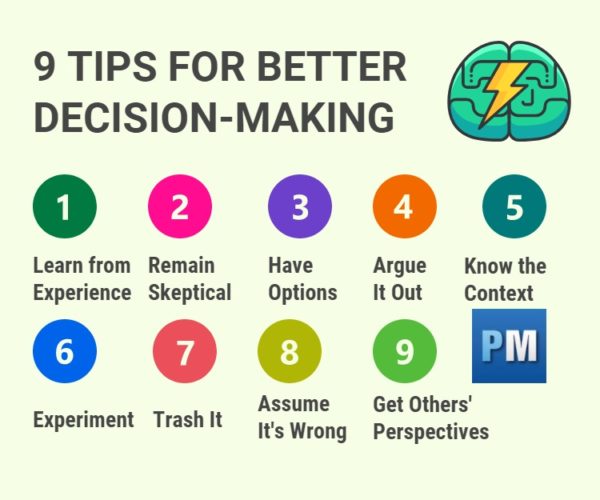
:max_bytes(150000):strip_icc()/decision-making-skills-with-examples-2063748-FINAL-5bad43d946e0fb002688e130.png)


